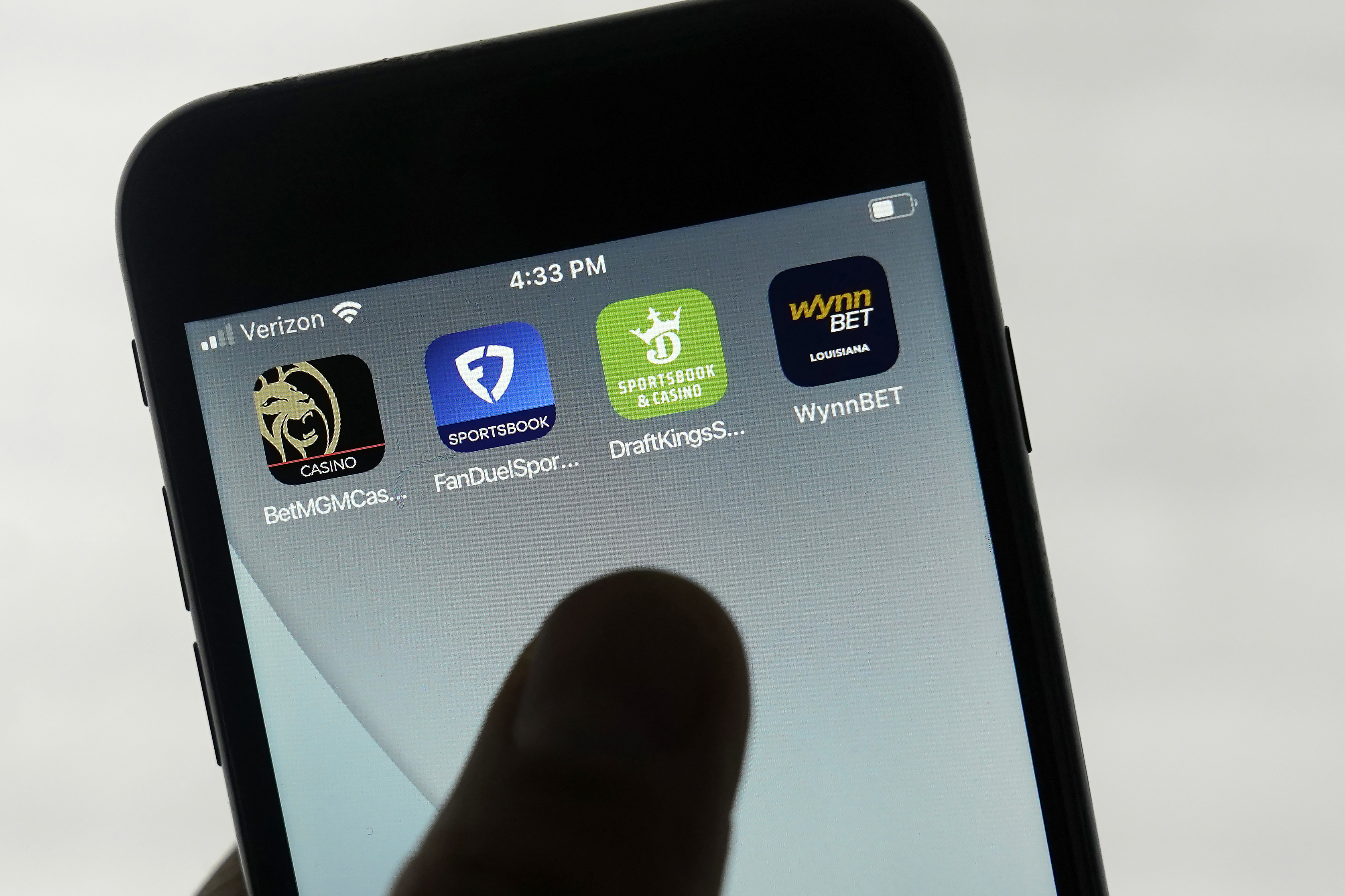HAMPTON ROADS, Va. (WAVY) — Nikola Grujicic was born March 15, 2018. He was 6 pounds, 6 ounces and 19 1/2 inches long.
His parents, Dragan and Lana, say Nikola was perfect. “From day one, he barely ever cried, he was just so content. He just wanted to be loved and cuddled.”
Shortly before his six month check-up, Nikola became frequently cranky and screamed often.
His parents wondered if it was colic, maybe reflux or teething that caused him to be uncomfortable?
Nothing soothed him.
Lana also noticed Nikola was clenching his fists a lot. At the appointment, she told the pediatrician about her concerns and when a few reflex tests didn’t come back as they should have, a neurologist was recommended.
The pediatric neurologist ran a battery of tests on Nikola and after an agonizing three-week wait, the Grujicic’s were called in to get the results.
The news was devastating. Nikola was diagnosed with a rare, inherited condition called Krabbe Disease.
The myelin or “white matter” in the brain is affected and patients lose their ability to move, speak, see, hear, eat and drink. Life expectancy for infantile Krabbe Disease is less than two years.
Dragan and Lana were told to take Nikola home and just love him — nothing could be done. That was unacceptable.
After no luck finding a doctor here in Hampton Roads who could help them, they learned of Dr. Maria Escolar.
Dr. Escolar’s expertise is treating patients with Krabbe Disease, but her one-of-a-kind program is at the Children’s Hospital of Pittsburgh UPMC.
She spoke with the Grujicic’s and shortly thereafter, they were on a plane to Pennsylvania. Dr. Escolar and her team have made significant progress in managing Krabbe, along with stopping its progression.
For Nikola, she can only manage the disease. He was diagnosed too late for treatment. Treatment involves the use of umbilical cord blood shortly after birth. Cells that carry the protein the Krabbe patient is missing are tranplanted like a blood transfusion to halt the worsening of the disease.
The procedure, however, can only be done shortly after birth because the disease progresses so quickly. As a result, a newborn screening test is the best method to know whether or not an infant has Krabbe.
Six states in the country currently test for it. Dragan and Lana have begun petitioning Virginia lawmakers, asking for them to support Nikola’s Law, the addition Krabbe Disease to the Newborn Screening Program in our state.
In the meantime, there are supplemental newborn screening tests expectant parents can order. These do include Krabbe and many other disorders.
If you would like to help the Grujicic’s by sending a letter to your legislator, visit https://actionnetwork.org/letters/expanded-newborn-screening. Also, supplemental newborn screening tests can be purchased at a discounted price here: https://www.huntershope.org/newborn-screening/supplemental-newborn-screening/
A GoFundMe account to assist Dragan and Lana has been set up because insurance does not cover all that is needed to care for Nikola. Not to mention, their travels to the Children’s Hospital of Pittsburgh are costly. If you would like to assist, click here https://www.gofundme.com/help-our-nikola.

























































